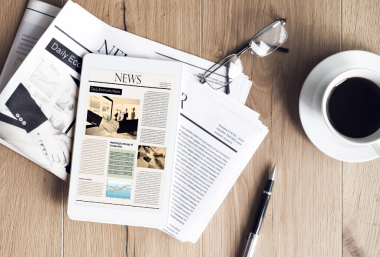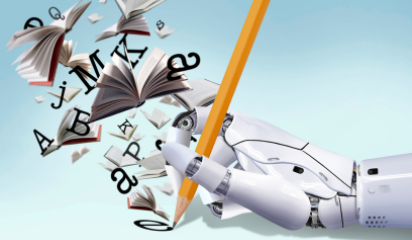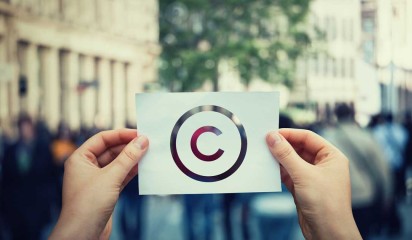Following the introduction to the New Zealand Parliament of the Fair Digital News Bargaining Bill on 17 August 2023, a Select Committee hearing of submissions on the Bill is scheduled to take place later this month.
The purpose of this proposed Act of Parliament is to ensure operators of digital platforms who want to display news articles on their internet sites arrange to pay newspaper proprietors following statutory defined bargaining procedures. These so-called tech companies were considered to fall within two categories: first, search engines such as Google, for example, which host searchable news articles from many countries’ newspapers, and second, social media platforms such as Meta’s Facebook, which host news articles uploaded by their subscribers.
When the Bill was introduced by the previous government there was opposition by some members of the National and ACT parties who thought what was being established was a new tax and unnecessary restrictions on "free minds and free markets". It will be interesting to see if their views have moderated now they are in Government.
Issues with the methodology of the Bill
Firstly, and rather surprisingly, the Bill does not take into account copyright law which has long been in existence. Even in New Zealand the news media has had legal rights in its news articles for over a century. These are conferred by copyright legislation; currently the Copyright Act 1994. The Act confirms that copyright is a property right; thus, a news article is property owned by the publisher. However, the Bill does not even mention the fundamental legal rights provided to publishers by existing copyright law.
Secondly, the Bill, if it is really needed as separate legislation, should have the purpose of providing commercially appropriate procedures for collective licensing of copyright which suit the "new" online environment, which has rendered long-established copyright licensing practices unsuitable. For example, through the use of collective licensing societies to whom copyright owners assign selected rights to their works and who then, on behalf of the owners, grant licences to potential users of the rights. These societies can be easily accessed by users seeking the licences they need. In relation to musical works the Australasian Performing Rights Association (APRA) is a well-known example. However, for some uses, such as on the internet, there are no relevant collective societies in existence.
Finally, the biggest current issue is not addressed at all in the Bill. This is the complex situation where news articles are copied and uploaded into the "learning" databases of generative AI companies like OpenAI’s ChatGPT.
An alternative approach
Rather than have separate legislation, the function of licensing of copyright works for use as internet content could simply be added to the Copyright Act. Indeed, since the Act is currently under review, there is a prime opportunity for this issue to be addressed by inclusion in the new Act and its Regulations.
This was the approach taken by the European Union in their 2019 Directive to ensure "a well-functioning marketplace for copyright". The EU’s objective was to reduce the value gap between profits made by the internet platforms and content creators, by encouraging collaboration between these two groups. Further, a specific term in the EU Directive required internet platforms that hosted user-generated content to employ measures to prevent their users from violating copyright. While some of the EU provisions have proved controversial, they were provided in the context of copyright law, not some newly invented commercial law which ignores the existence of long-established copyright law and practice.
We will continue to monitor developments in the passage of the Bill and provide updates as they occur. If you operate in the media or digital industries and would like advice on what the proposed changes might mean for you, reach out to one of our specialists.


















